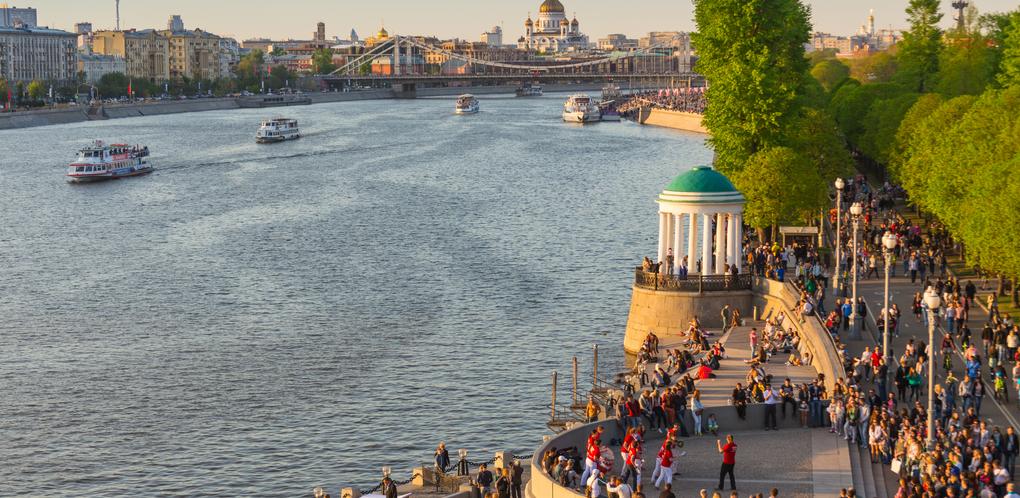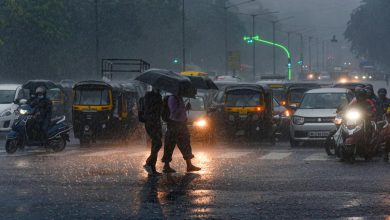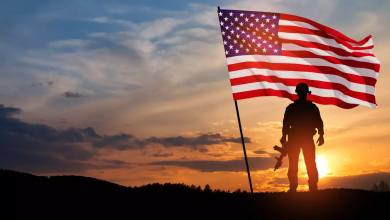Moskva River

Nestled amidst the scenic landscapes of western Russia, the Moskva River meanders its way through history, culture, and tradition. From its humble origins west of Moscow to its confluence with the Oka River near Kolomna, the Moskva has served as a lifeline for civilizations, a muse for artists, and a symbol of resilience for the people of Russia. In this comprehensive exploration, we delve into the multifaceted reasons why the Moskva holds such cultural importance, examining its influence on literature, art, religion, and everyday life.
The Moskva River in Literature and Art:
- Throughout history, the Moskva River has inspired countless poets, writers, and artists to capture its beauty and significance in their works.
- Iconic literary figures such as Leo Tolstoy, Anton Chekhov, and Fyodor Dostoevsky have referenced the Moskva River in their writings, depicting it as a symbol of Russian identity and national pride.
- Similarly, renowned painters like Ivan Aivazovsky and Konstantin Korovin have immortalized the Moskva’s scenic vistas and picturesque landscapes in their artwork, showcasing its cultural and aesthetic value.
Religious and Spiritual Significance:
- The Moskva holds deep religious and spiritual significance for the people of Russia, particularly within the Orthodox Christian tradition.
- Historic monasteries and cathedrals, such as the Novodevichy Convent and the Cathedral of Christ the Savior, are situated along the river’s banks, serving as centers of worship and pilgrimage for believers.
- Rituals such as the blessing of the waters, held annually on Epiphany Day, further underscore the sacredness of the Moskva in the hearts and minds of the faithful.
Economic and Social Importance:
- Beyond its cultural and spiritual significance, the Moskva River plays a vital role in the economic and social fabric of the region.
- Historically, the river served as a major trade route, facilitating the transportation of goods and commodities between distant regions and cities.
- Today, the Moskva continues to support a variety of economic activities, including tourism, recreational boating, and waterfront development, contributing to the livelihoods of local communities and businesses.
Environmental and Ecological Value:
- The Moskva River is not only a cultural and economic resource but also an essential component of the region’s natural environment and ecological balance.
- Wetlands and riparian habitats along the river provide critical ecosystems for a diverse range of plant and animal species, including migratory birds and freshwater fish.
- Efforts to preserve and protect the environmental integrity of the Moskva, such as water quality monitoring and habitat restoration initiatives, are essential for maintaining its cultural significance for future generations.
Community and Identity:
- Above all, the Moskva River serves as a unifying force that brings together communities and fosters a sense of belonging and identity among the people of Russia.
- Whether through cultural festivals, recreational activities, or everyday interactions, the river serves as a shared space where people from diverse backgrounds come together to celebrate their heritage and traditions.
- As a symbol of continuity and resilience, the Moskva embodies the enduring spirit of the Russian people, connecting past, present, and future generations in a shared cultural legacy.
Conclusion:
As we reflect on the cultural importance of the Moskva River, we are reminded of its multifaceted significance as a source of inspiration, spirituality, livelihood, and community. From the pages of literature to the canvases of art, from the rituals of religion to the rhythms of daily life, the Moskva continues to weave its way through the cultural tapestry of Russia, leaving an indelible mark on the hearts and minds of all who dwell along its banks. As guardians of this cherished legacy, it is our responsibility to honor, preserve, and celebrate the cultural richness of the Moskva for generations to come.
Know More about the Moskva River.
What are The Religious Places of the Moskva River?
When Did The Moskva River Basin Become a Focus?
Where is The Moskva River Located?
Who Were The Key Historical Figures and Civilizations of The Moskva River?
How to Reach Moskva River?




